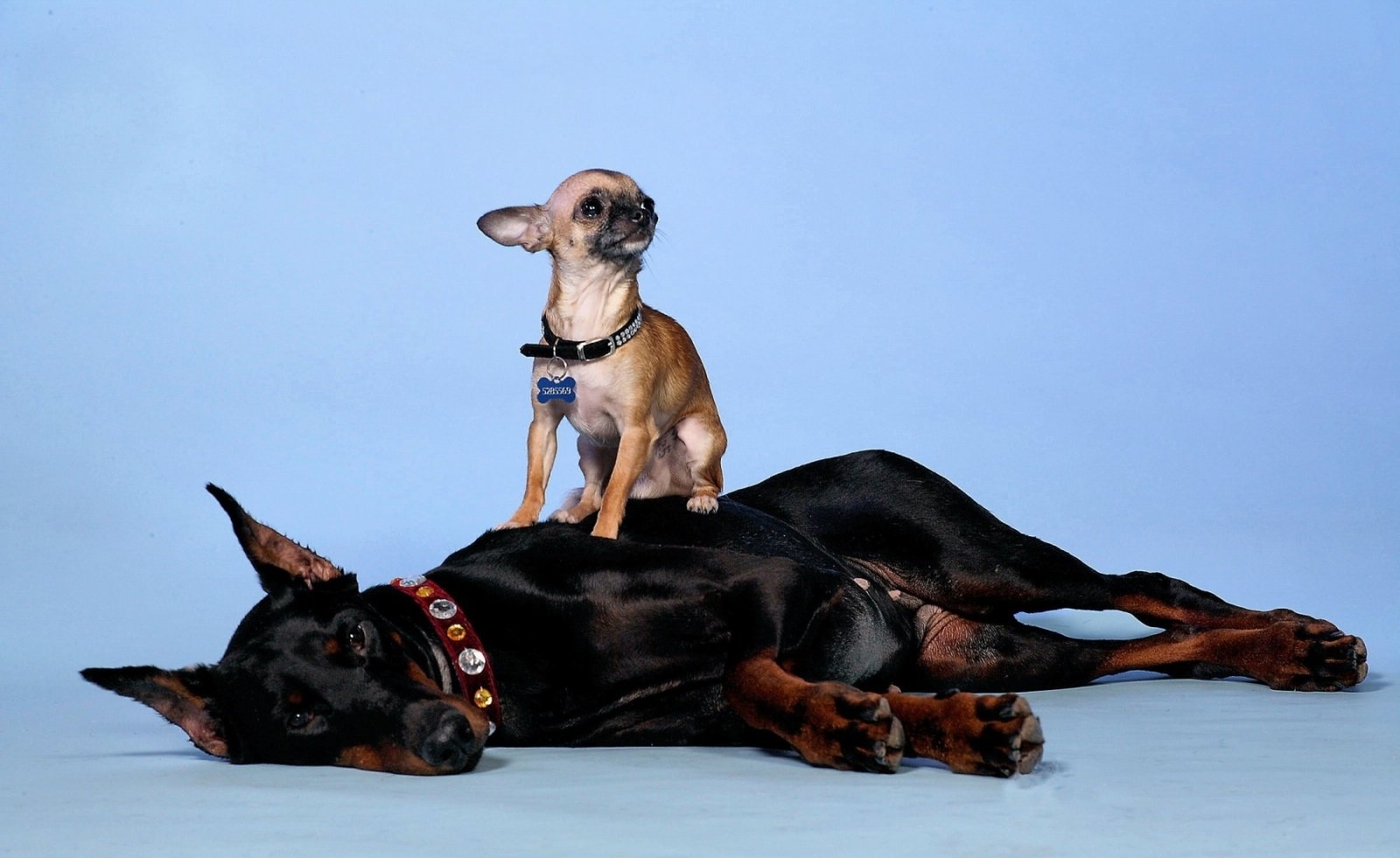
When you decide to have a dog in your life, one of the key considerations is the size of the dog. Both small and large dogs have their own unique characteristics and benefits, and the choice ultimately depends on your lifestyle, preferences and specific needs. Let's look at the factors to consider when choosing between small and large dogs:
1. Living area:
Small dogs: Ideal for living in apartments or houses with limited space. They require less space to move around and tend to feel more comfortable in smaller spaces.
Large dogs: need more space to walk and play. They are better suited for larger homes with yards or access to outdoor areas.
2. Exercise requirements:
Small dogs: Typically require less exercise compared to their larger counterparts. For many small breeds, short walks and indoor play may be sufficient.
Large dogs: Have higher energy levels and often need more intense exercise and outdoor activities, such as long walks, jogs, or hikes.
3. Grooming and maintenance:
Small dogs: They are generally easier to care for due to their size. They require less food, fewer grooming supplies, and a smaller living space.
Large dogs: Often have more significant grooming needs, such as brushing, bathing and nail trimming. They also consume more food, which can be a recurring expense.
4. Training and socialization:
Small Dogs: May be more prone to behavior problems if not properly trained and socialized due to their small size. Early training is important to ensure they behave well around other dogs and people.
Large Dogs: Require constant training and socialization to ensure they are well behaved and can be handled in a variety of situations.
5. Travel and mobility:
Small dogs: They are easier to travel with, whether in a car or on a plane. They can fit comfortably into carriers or crates.
Large Dogs: Traveling with larger dogs may be more difficult as they may require larger crates or more space in the vehicle.
6. Family and children:
Small dogs: Can be a good choice for families with small children, as they are less likely to accidentally run over children. However, small dogs can be more fragile.
Large dogs: may be better suited to families with older children who can handle their size and strength. With proper socialization, they can often be gentle giants.
7. Health and longevity:
Small dogs: Life expectancy is generally longer than large breeds. They may also have fewer joint and mobility problems.
Large dogs: Often have a shorter lifespan and may be prone to specific health problems such as hip dysplasia or bloating.
8. Protection and security:
Small dogs: Can be protective and vigilant, but their size may limit their ability to provide physical protection.
Large Dogs: Often chosen for their natural guarding instincts and physical presence, making them effective protectors.
Ultimately, the choice between a small or large dog should be based on your lifestyle, living situation, activity level and personal preference. It's important to research specific breeds in your chosen size category to make sure the dog's temperament, energy levels and needs match your own. Also, consider adopting a dog from a shelter or rescue organization where dogs of all sizes are looking for loving homes. Whatever size you choose, the bond and companionship you'll share with your four-legged friend can be incredibly rewarding.






